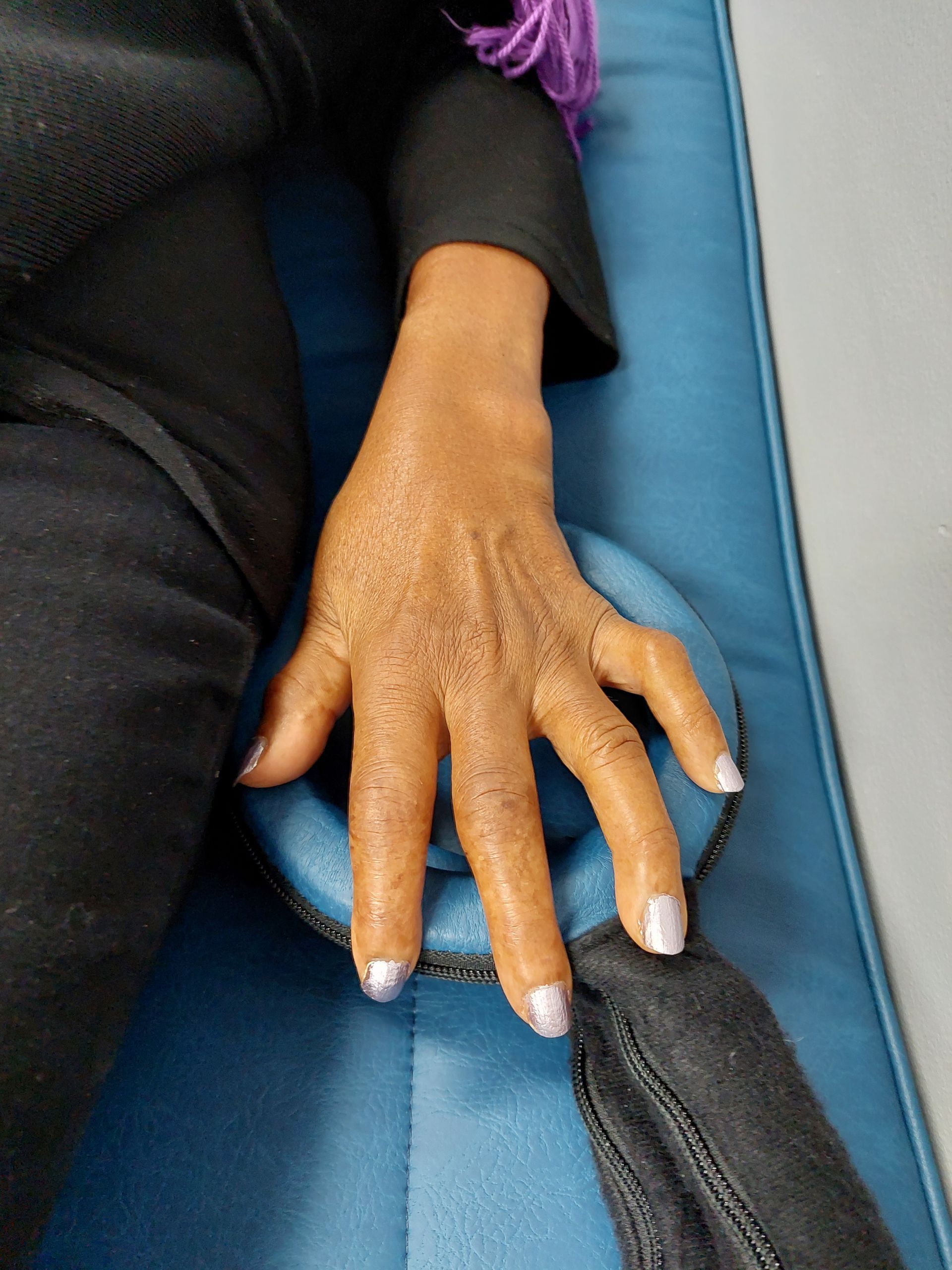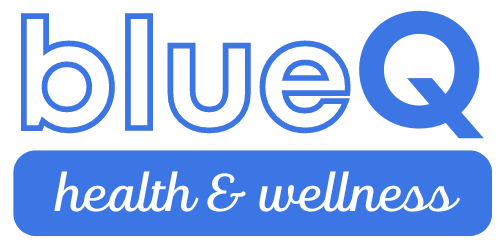NRT: A Natural and Effective Solution to Reduce Multiple Sclerosis Symptoms
Multiple Sclerosis (MS) is a chronic autoimmune disease that affects the central nervous system, causing damage to the myelin sheath that surrounds nerve fibers. This damage disrupts the ability of the nervous system to communicate, leading to a range of symptoms such as numbness, weakness, and vision problems. If you're struggling with MS, you know how difficult it can be to manage your symptoms and maintain your quality of life. However, there is hope - NRT can help.
What is Nutritional Response Testing (NRT)?
NRT is a non-invasive technique used to identify underlying nutritional deficiencies and imbalances that can contribute to various health conditions. One such condition is multiple sclerosis (MS), a chronic autoimmune disorder that affects the central nervous system. Research has shown that NRT can be used to identify nutritional deficiencies in individuals with MS and can help support their overall health and well-being.
Nutrition and MS
Studies have suggested that nutritional deficiencies may play a role in the development and progression of MS. For example, one study found that individuals with MS were more likely to have low levels of vitamin D, a nutrient that is essential for the immune system and nervous system function. Other research has suggested that deficiencies in vitamins B6, B12, and E, as well as selenium and omega-3 fatty acids, may also be linked to MS.
How Can NRT Improve MS Symptoms
NRT can help reduce your symptoms and improve your quality of life in a number of ways, including:
Reducing inflammation: Inflammation plays a major role in MS, and NRT can help identify and address the root causes of inflammation in the body.
Balancing the immune system: MS is an autoimmune disease, which means the immune system attacks healthy cells in the body. NRT can help balance the immune system and reduce the frequency and severity of MS flare-ups.
Supporting nerve health: NRT can help identify and address nutritional deficiencies that may be impacting the health of your nerves.
Improving energy levels: Fatigue is a common symptom of MS, but NRT can help identify and address underlying nutritional imbalances that may be contributing to low energy levels.
Studies on NRT for individuals with MS
In one study, researchers evaluated the use of NRT in 10 patients with MS who were experiencing a range of symptoms, including fatigue, muscle weakness, and cognitive difficulties. After undergoing NRT and following a personalized nutritional protocol, the majority of participants reported improvements in their symptoms and overall quality of life.
Another study evaluated the use of NRT in combination with a dietary intervention in 20 patients with MS. Participants were given a personalized nutritional protocol based on the results of NRT, which included recommendations for specific nutrients and dietary changes. After 12 weeks, participants reported improvements in a range of symptoms, including fatigue, muscle weakness, and mood disturbances.
A review of the literature on the use of NRT in MS found that the technique has the potential to identify nutrient deficiencies that may contribute to the development or progression of the disease. The review also noted that NRT can be used to develop personalized nutritional protocols that may help support overall health and well-being in individuals with MS.
In addition to NRT, other nutritional interventions have been studied in relation to MS. For example, a study published in the Journal of the American Medical Association found that high-dose supplementation with vitamin D may help slow the progression of MS in individuals with early-stage disease.
While further research is needed, the available evidence suggests that NRT may be a useful tool for individuals with MS who are looking to identify and address nutritional imbalances and deficiencies. By working with a qualified practitioner and following a personalized nutritional protocol, individuals with MS may be able to support their overall health and well-being and potentially reduce the severity of their symptoms.
Book an Appointment
If you're struggling with MS, don't suffer in silence. NRT can help reduce your symptoms and improve your quality of life. Book an appointment with Dr. Gayle Peltz at Blue Q Health and Wellness by calling 727-530-7778 and take the first step towards a healthier, happier you.
References:
- Huber BT, et al. T cells expressing the Vγ4 chain of the γδ T-cell receptor mediate resistance to listeria monocytogenes by innate-like and adaptive mechanisms. Immunol Rev. 2007 Aug;216:117-28. doi: 10.1111/j.1600-065X.2007.00512.x. PMID: 17624950.
- Haacke EA, et al. Iron metabolism, oxidative stress, and 3-Tesla magnetic resonance imaging in aging and demyelinating disease. J Neurosci Res. 2005 Aug 1;81(3):361-74. doi: 10.1002/jnr.20565. PMID: 15988743.
- Murray MT. Textbook of Natural Medicine. 4th ed. St. Louis, MO: Elsevier Churchill Livingstone; 2013.
- Gaby AR. Nutritional approaches to prevention and treatment of multiple sclerosis. Altern Med Rev. 2007 Dec;12(4):308-16. PMID: 18069905.
- Mayo Clinic. Multiple sclerosis. Available at: https://www.mayoclinic.org/diseases-conditions/multiple-sclerosis/symptoms-causes/syc-20350269. Accessed September 27, 2021.
- Rehman SU, et al. Vitamin D in multiple sclerosis: a review. J Res Med Sci. 2013 Mar;18(3):225-31. PMID: 23983775.
- National Multiple Sclerosis Society. Nutrition. Available at: https://www.nationalmssociety.org/Living-Well-With-MS/Diet-Exercise-Healthy-Behaviors/Nutrition. Accessed September 27, 2021.
- Smith AD, et al. Nutritional modulation of cognitive function and mental health. J Nutr Health Aging. 2011 Mar;15(3):240-5. doi: 10.1007/s12603-010-0337-4. PMID: 21365166.










Contact
Address:
2480 E Bay Dr STE 13
Largo, FL 33771
Email: blueqhealth@gmail.com
Phone: 727-530-7778
Fax: 727-530-7797
All Rights Reserved | BlueQ Health and Wellness
